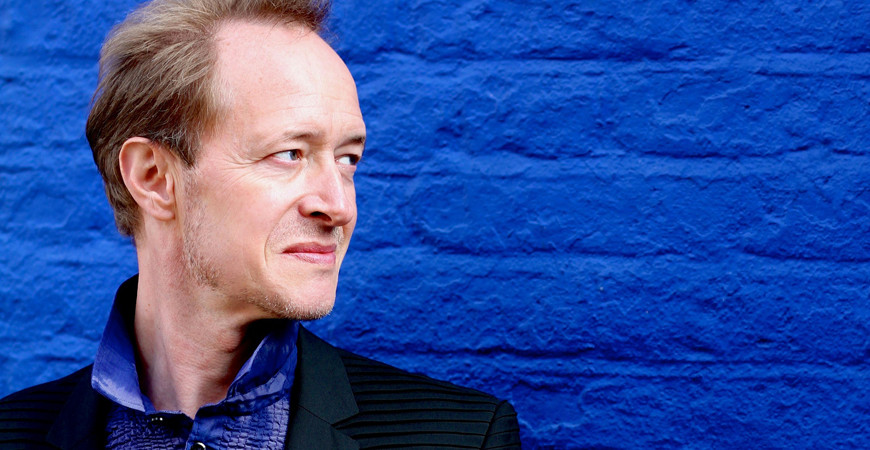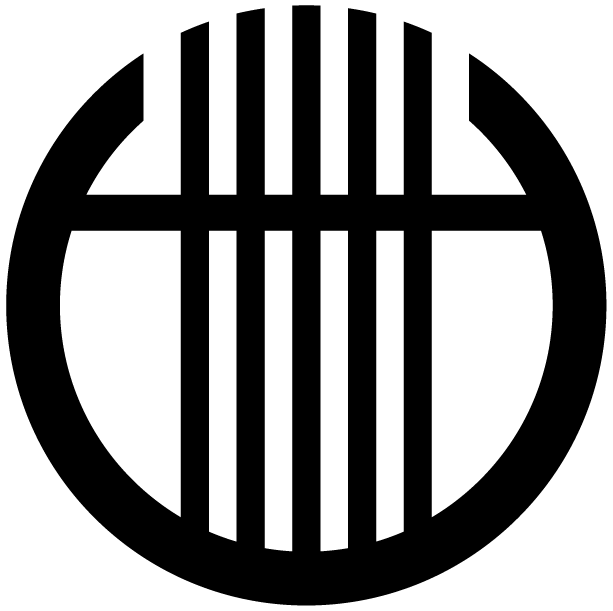
18 November 2018, 19.00-21.00
Solti Hall
KAMARA.HU – CHAMBER MUSIC FESTIVAL OF THE LISZT ACADEMY
kamara.hu /6  Presented by Liszt Academy
Presented by Liszt Academy
The Glass Bead Game
Debussy: Sonata for flute, viola and harp
Mozart: Piano Quartet No. 2 in E-flat major, K. 493
intermission
Liszt: Orpheus – symphonic poem (arrangement by Camille Saint-Saëns)
Ravel: Chansons madécasses
Fauré: Piano Quartet No. 1 in C minor, Op. 15
Artistic directors of the festival: Izabella Simon and Dénes Várjon
Lúcia Megyesi Schwartz (mezzo-soprano), Viviane Hagner, Andrea Hallam, Anthony Marwood (violin), Jürg Dähler (viola), Thomas Demenga (cello), Gabriella Pivon (flute), Andrea Vigh (harp), Roman Rabinovich, Izabella Simon, Dénes Várjon (piano)
The closing concert of the chamber music festival of kamara.hu 2018 adds much that is new to what has gone before. Shifting the focus from Switzerland towards France, this programme targets works by Debussy, Ravel and Fauré among others. Gabriel Fauré taught Ravel, who was inspired by the music of Debussy (besides there being an element of rivalry between the two). The latter’s sonata was the last completed piece of his oeuvre, which is also a recurrent motif of the festival. Ferenc Liszt is indirectly associated with the three of them because his works had a significant impact on French composition. His symphonic poem Orpheus ties in to the spiritual world of The Glass Bead Game with its almost magical force, on top of which the hero of ancient Greece is the teacher of medicine and writing, that is science and art. The music of masonic lodge member Mozart refers to the Freemasonry appearing in the Hesse novel.
The concert is followed by CODA – which is an informal conversation with the performers.
Presented by
Liszt Academy Concert Centre
Tickets:
HUF 2 500, 3 200


